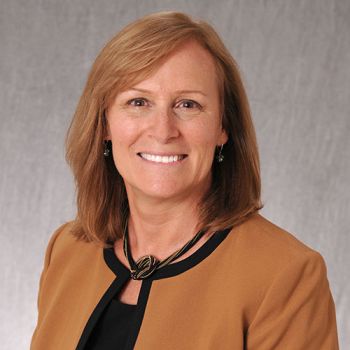
Alison K. Hall, PhD, associate dean for research workforce development at the George Washington University (GW) School of Medicine and Health Sciences, and collaborators at the National Institutes of Health (NIH), published an article in Academic Medicine exploring the clinician-investigators workforce.
Clinician-investigators serve an important role offering knowledge and perspective that benefits research on basic science mechanisms, improved diagnostic and therapeutic approaches, population and outcomes medicine, health policy, and health services. However, there are few clinically trained health professionals that pursue a research-centered career.
“It’s important that we build and sustain the clinician-investigator workforce. Frankly our lives depend on it,” said Hall. “There are a number of challenges that keep medical professionals from pursuing careers in research, and we must find new ways to overcome those challenges.”
Those challenges include the duration of required clinical training, limited research opportunities, high levels of educational debt, balancing the dual obligations and rewards of clinical care and research, competition for funding, and the need for leadership development after training.
The article looks at literature and current approaches to training clinician-investigators and identifies particular approaches that have shown promising outcomes. The researchers recommend adopting and expanding effective programs to support the research workforce.
NIH workshops in 2016 looking at potential pilot programs revealed three priorities for future programs: support for research in residency, new research “on-ramps” for health professionals at varying career stages, and national networks to diversify and sustain clinician-investigator faculty.
“In order for these programs and initiatives to be successful, wide support across the various stakeholders is necessary,” Hall explained. “Protected time alone is not enough without research networks, mentoring, core resources, and professional development. I’m interested in what will work at GW.”
While the support from the NIH is valuable to the success of these programs, the article also points to necessary support from academic health centers, medical licensing and certification boards, professional societies, and the clinician-investigators themselves.
The article “Clinician-Investigator Training and the Need to Pilot New Approaches to Recruiting and Retaining this Workforce” can be found in Academic Medicine.
The article will also be featured in the Academic Medicine print edition with invited commentary by Ross McKinney Jr., MD, chief scientific officer at the Association of American Medical Colleges.


